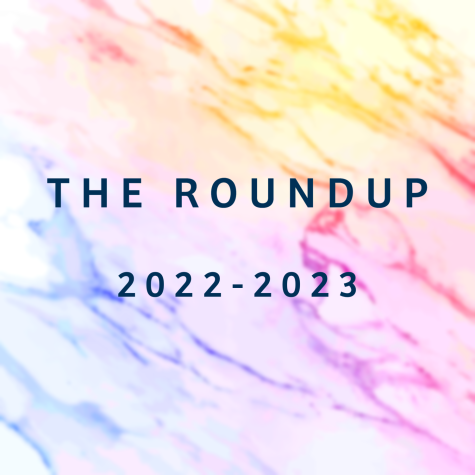The Roundup with Alex Two: Volume 1, Issue 10
We Ought to Talk about ChatGPT
We all know about ChatGPT. I think it’s becoming relatively clear that it’s more significant than the introduction of NFTs or the crypto phase that venture capitalists went through in 2018. Tech companies seem to be growing out of their teenage rebellion and into what may be equivalent to their late college years. Something actually substantial is in the making. While the investors are in awe of ChatGPT, it makes me anxious. Its usage is popular despite it not being finished. For instance, the program makes dangerous mistakes, not just incorrect information but racist and misogynistic assumptions: “the AI can reflect racist and sexist biases from the data it’s trained on, as seen with the image-generation app Lensa sexualizing its female avatars,” according to Vox. The machine is faulty, still dangerous, biased, and without any sort of proper guardrails to keep it in check. It was inevitable, in a sense. Someone with adequate coding knowledge was bound to make an AI to help them write their essays or reply to emails, but the billions of dollars being dumped into the projects has become a reckless race to instant capital rather than a genuine effort to benefit the whole of society.
The true goal of these efforts isn’t clear, but I seriously doubt it’s entirely in good faith. Its beta versions are more of a toy to play with for those with internet access and free time, and for high school students who want to quickly write essays. I don’t want to sound like the old doomsayers in the 1840’s afraid that the photograph would kill art or my grandma expressing her great disappointment that children are no longer learning cursive in elementary school, but it seems like these programs are being used for something we don’t need: a quick, easy remedy to write essays or make art that lack the humanity that previously made them so great. ChatGPT, clearly, makes me quite anxious.
Sources Referenced:
The mainstream left needs to openly confront right-wing hatred of LGBTQ+ people
Some states in the U.S. are committing serious human rights violations, or at least attempting to. It’s easy, especially for those unaffected, to write off the fascist babblings of the CPAC speakers as simply whackjob behavior that won’t make it off the convention stage and into elected office. But it does get elected, as now Tennessee legislation (among others, of course) actually makes it absolutely feasible for a genuine, physical “crackdown” on the ability for LGBTQ+ people to actually exist. An “anti-drag” bill is particularly difficult to enforce when there is no legal definition of “drag,” and, as shown by the aforementioned fascist babbling, the legislators don’t have a clear idea of the difference between “drag” and what they call “transgenderism.” They don’t understand LGBTQ+ people to any degree and refuse to learn about it or let others learn about it even in their own education systems. Obviously, this is a blaring alarm for many, but I see barely any reaction from the lawmakers on other levels of government. Should Congress be considering preventative laws to stop this type of legislation on a federal level? Should other states be bolstering their resources for gender-affirming care so more have access to it? My answer to either of these is a clear “yes,” but I don’t see any action being taken on a legislative level. This issue should be at the front of the left’s mind.
Sources Referenced:
- CPAC Speaker Calls for Eradication of ‘Transgenderism,’ Crowd Goes Wild
- The anti-drag bill passed in Tennessee is straight from history’s playbooks : NPR
Climate Solutions are Possible. We Should Follow the Lead of Other Countries.
“We are becoming green without even noticing it,” says Beirut resident Elias Mazloum on his city’s transition to energy. Their city is rapidly employing the use of solar power, and it’s saving them a lot of money, cutting off their reliance on generators run by diesel fuels. The push to use solar was initially out of desperation: Lebanon had limited access to power sources and even less access to fuel, the reasons for which can be arrived at through examining the wars in the surrounding countries. It was a move out of desperation, but it has optimistic results. Green energy, in many cases, is cheaper and more effective than the alternatives. For Lebanon, a crisis pushed the country towards green energy because an immediate solution was necessary, and while it may not seem like more lucrative countries like the U.S. are desperate, we will be in deep trouble without an efficient switch to green energy. We are also in a crisis: we just need to recognize it so solutions may be possible.
Sources Referenced:



